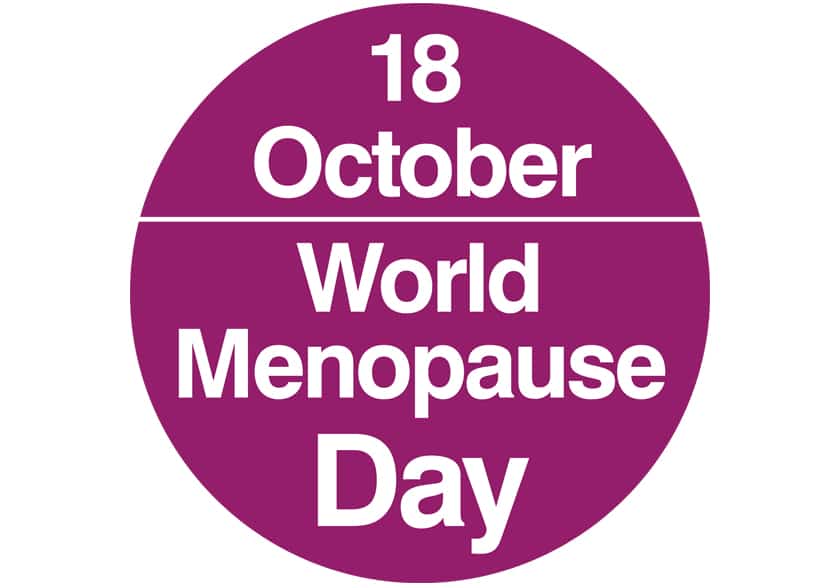
Throughout our life, if we’re lucky enough to live that long, we go through various biological stages and guess what …. It’s all completely natural. Talking about it however isn’t, particularly when it comes to the workplace.
Today is World Menopause Day.
Finally people are raising their voices to discuss the menopause and the perimenopause, and so they should, because it has a physical and emotional impact on their wellbeing during this biological stage of their life. It occurs when women begin to produce less oestrogen and their hormone levels reduce. We all know the stereotypes of women during the menopause – middle aged, angry or moody women sitting in the corner fanning themselves and it’s a subject that makes others feel uncomfortable if you talk about it. In fairness some of the stereotypes are true, you can feel angry or moody and definitely experience hot sweats, but let’s understand why and how we can help.
Far less common and different biologically, is the male menopause, yes it exists. Nevertheless, today we are focusing on the female menopause.
Personally I’m in this biological stage, I am menopausal and yes it is a challenge. My symptoms have dramatically reduced by using Hormone Replacement Treatment (HRT), not everyone is comfortable to use it, but if you are having symptoms then I would recommend discussing your options with your GP.
The symptom that I felt was breaking me was the night sweats and by default I had continuous disturbed sleep. One minute I felt like I was on fire, I can understand why people describe it as a volcano, and then 5 minutes later, having kicked off all the bedding, I would be cold again. I don’t know if some of the emotional symptoms were due to my disturbed sleep or the menopause, but either way my treatment has had a positive impact on my day to day functioning and I manage to sleep.
I do experience brain fog, I can’t say definitively if that’s due to the menopause, it could also be because I’m older, or just juggling too much information, but it hits me regularly. Mostly I lose a very simple word mid-sentence, which isn’t the end of the world and usually I mitigate it by finding a different word, but it is a new and frustrating experience.
For some people the symptoms can be debilitating and there are well documented cases of women being incorrectly diagnosed with depression or even early onset dementia. My advice to you is to research the menopause, even if you think you are too young for it to be affecting you, because it can hit younger than expected. And if you suspect or believe that it is affecting you, then make sure you do what you can to address it, including letting others know.
So what can you do to educate yourself, either for you personally or to understand how better to support your colleagues, service users, or other people in your life?
I would recommend watching the Channel 4 programme hosted by Davina McCall that talks in enlightening detail about the menopause and treatment. This programme and a conversation with my GP busted a lot of myths and persuaded me to try HRT.
There is also a wealth of information available to people on the internet, a good place to start is the NHS website:
https://www.nhs.uk/conditions/menopause/
https://www.nhs.uk/conditions/male-menopause/
Most importantly don’t suffer in silence, and if you are struggling at work due to your menopause then please let your line manager or someone in HR know so that they can look at ways to support you.